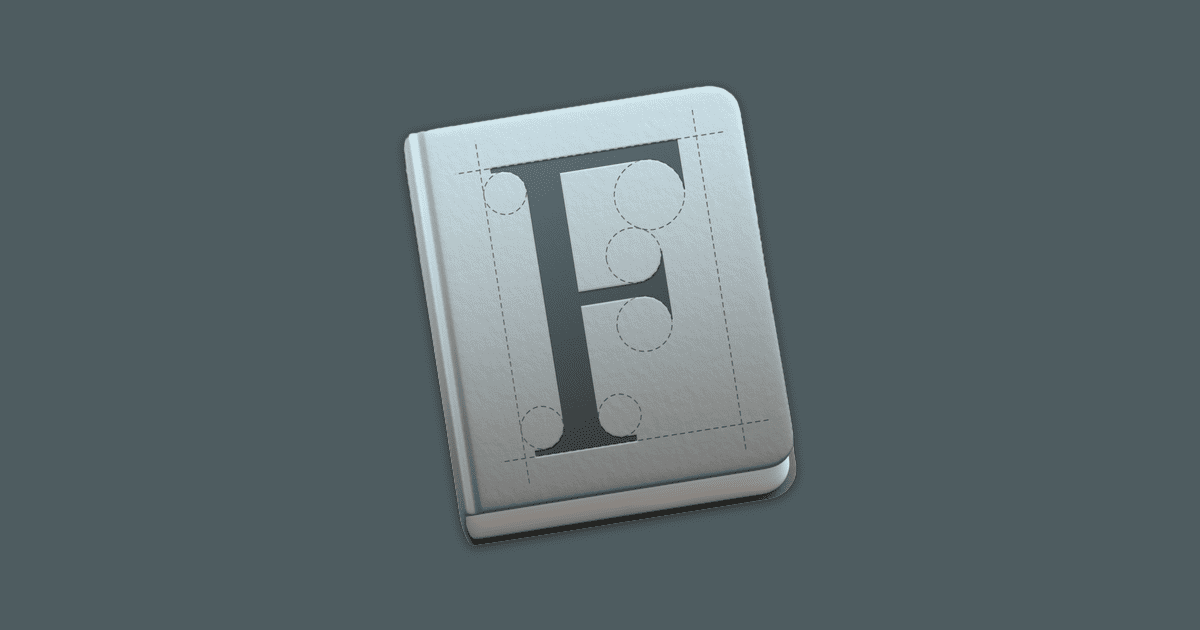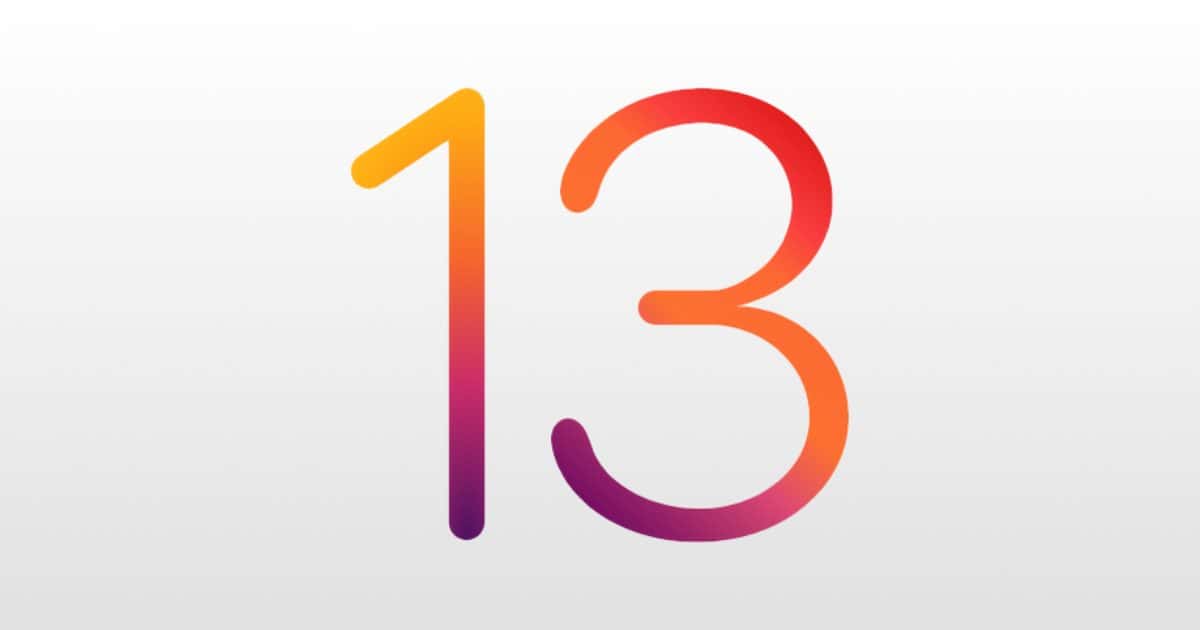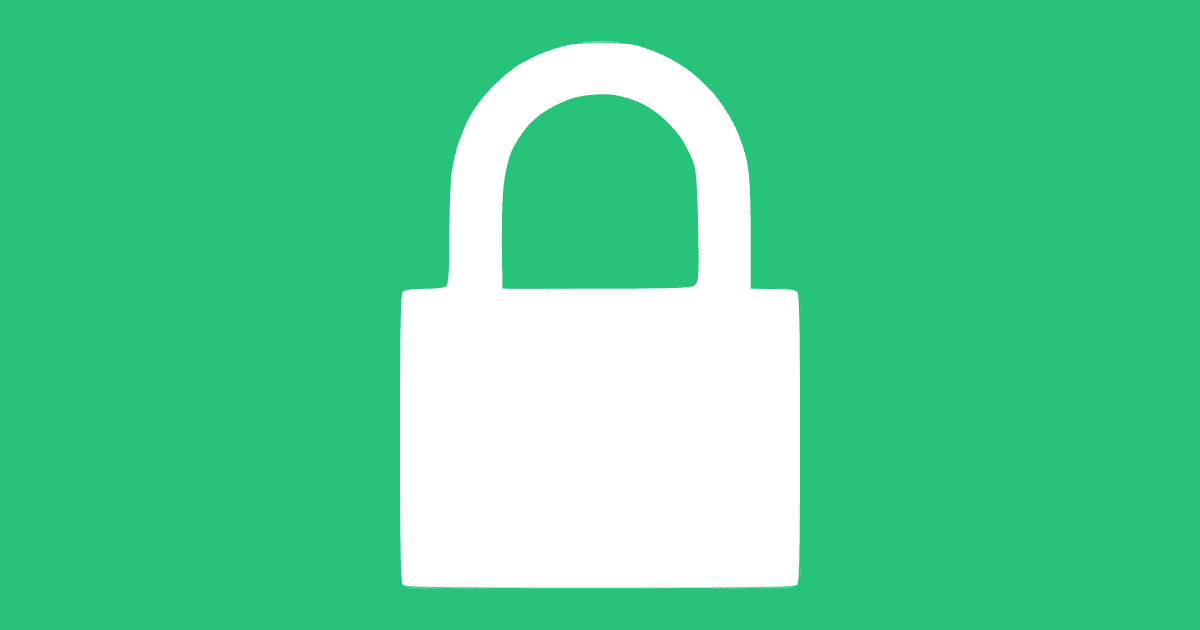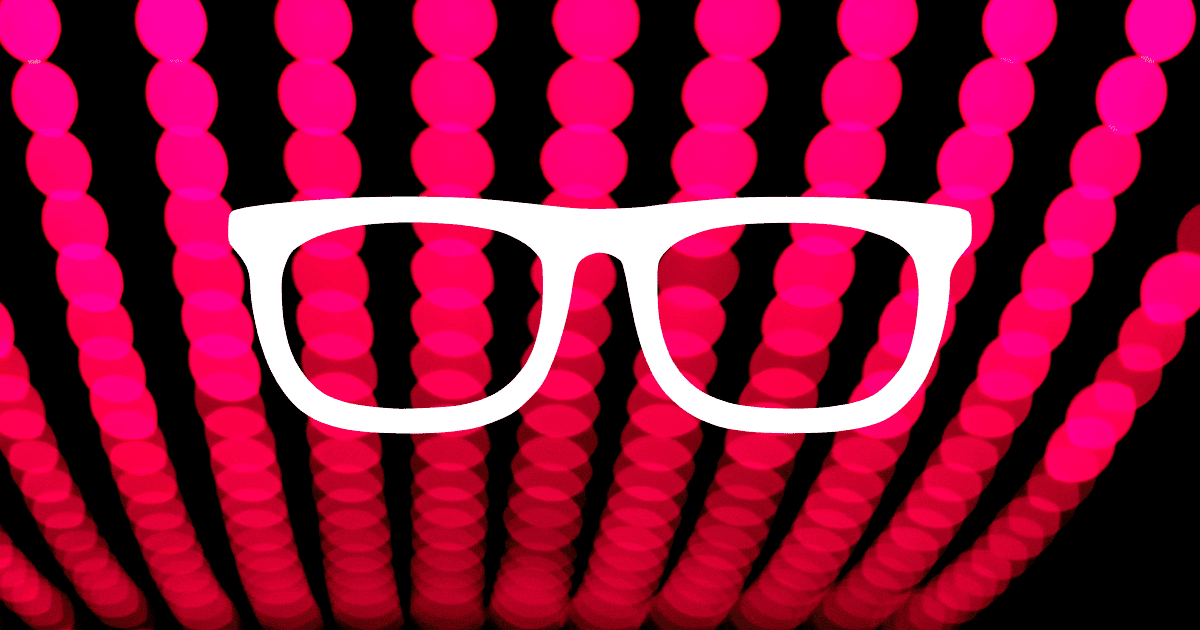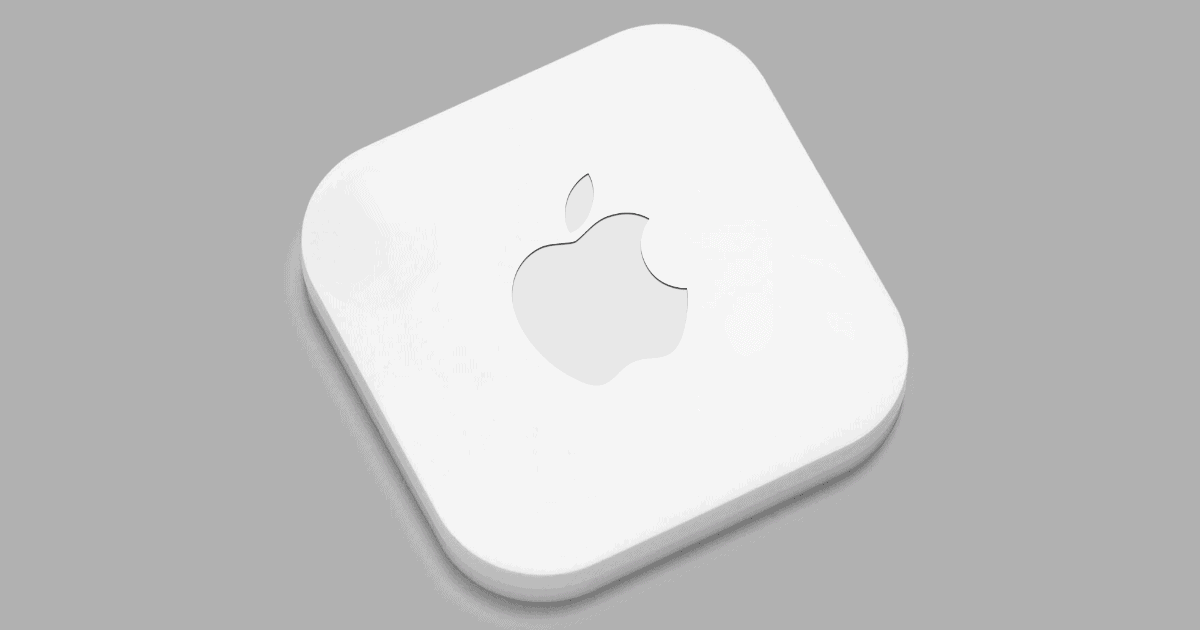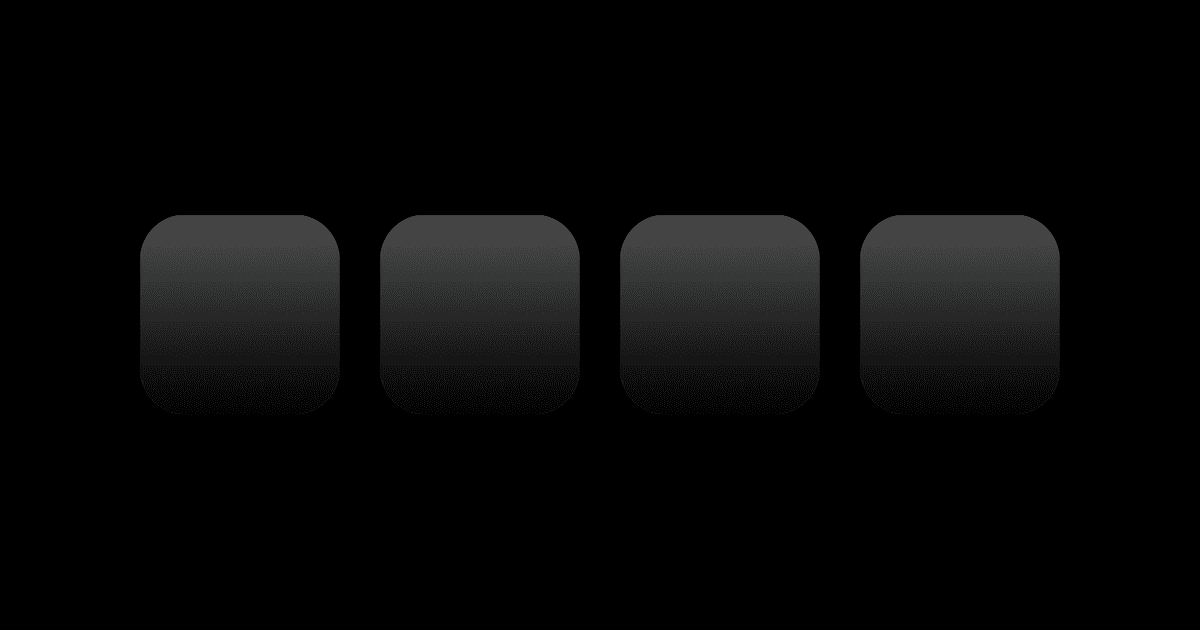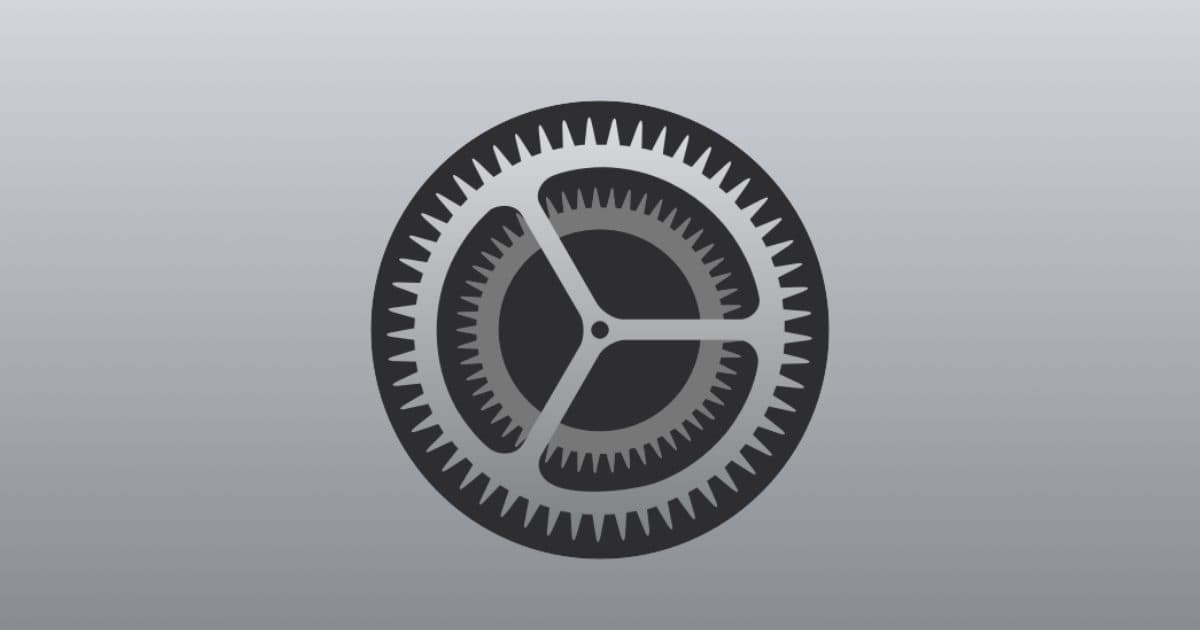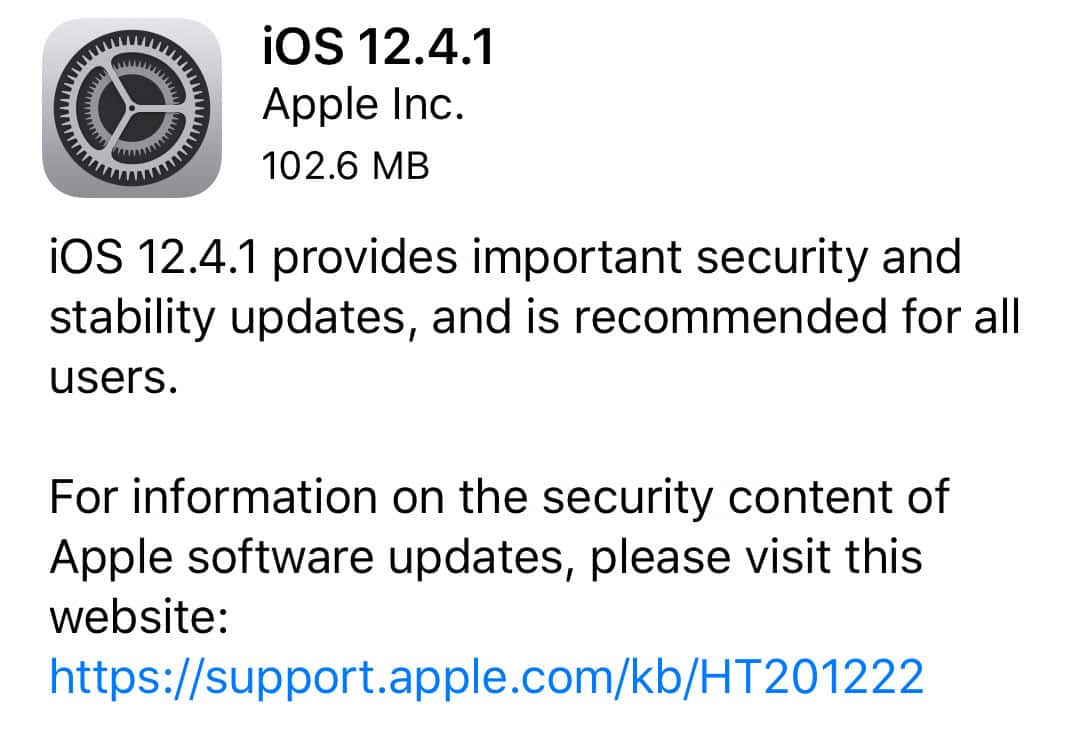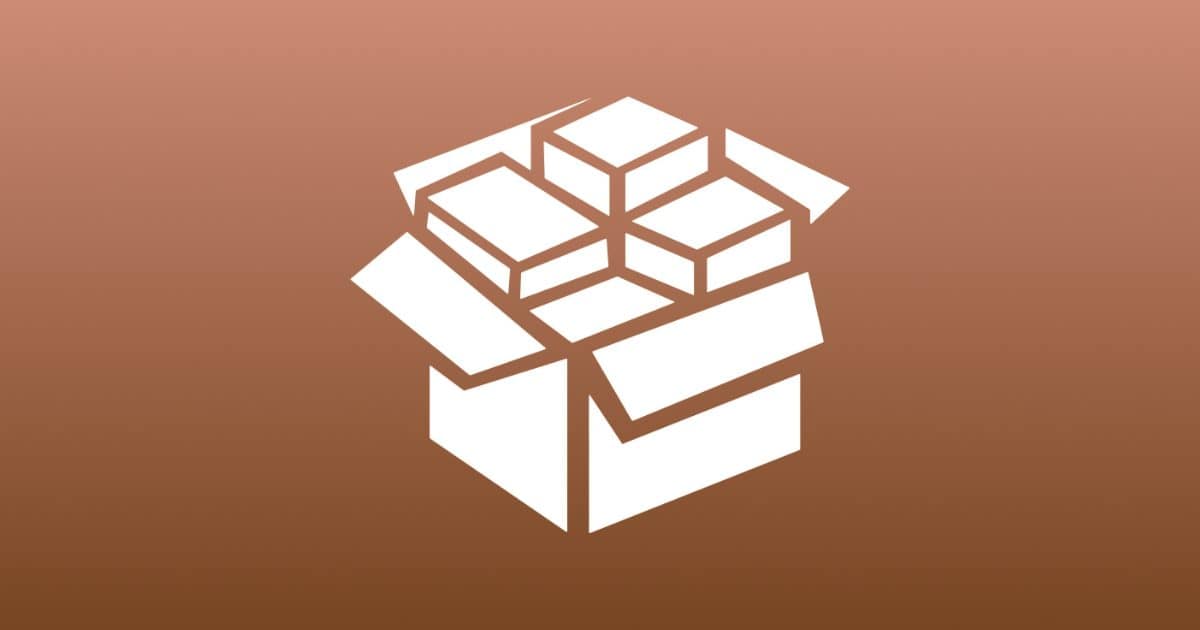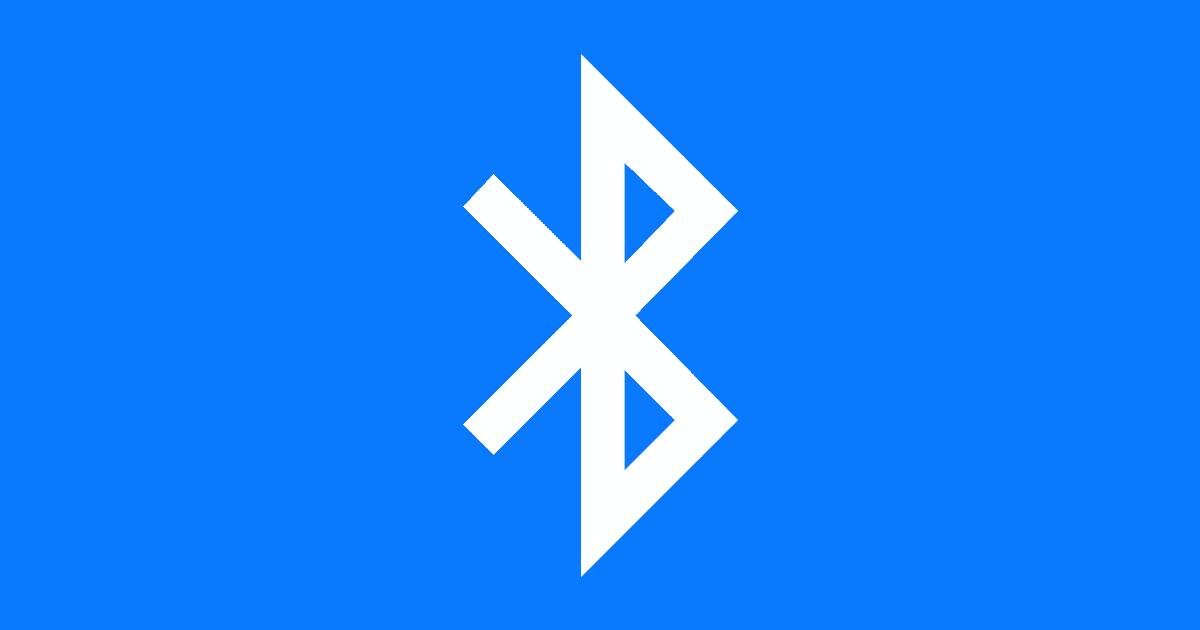Many Dropbox users are going to experience a device-limit issue with new iPhones coming this week. Listen as John and Dave talk through how to use your Synology DiskStation to solve this problem. That’s not all, though: Mac Geek Gab always aims to have everyone learn at least five new things. Your two favorite geeks answer questions about managing email, archiving your backups, mesh networks, iOS upgrade strategies, and more. Press play and enjoy!
iOS
iPhones Can Now Use Yubico NFC Security Keys
Apple is expanding NFC capabilities with iOS 13, and you’ll be able to use Yubico NFC keys or other brands with your iPhone.
New Exploit Shows We Should Just Skip to iOS 13.1
A contacts exploit was discovered in iOS 13 that lets a person bypass Face ID / Touch ID to see an iPhone’s contacts.
Relatively little is at stake with this exploit. Beyond the inherent danger of an assailant having your iPhone, this method only allows someone to view the contacts within the target iPhone, provided that they have physical access to the target phone and can complete the VoiceOver exploit.
Little is at stake, but there have been so my iOS exploits in the news lately that we might as well go straight to iOS 13.1.
Custom Fonts Can Track You in iOS 13
Custom fonts may be able to track you in iOS 13. Google’s Crashlytics admitted as such on Twitter, including a unique identifier.
Apple Confirms Release Dates for iOS 13, iOS 13.1, iPadOS
Apple is releasing iOS 13 on September 19, but you’ll have to wait until September 30 for the release of iPadOS.
Weaponizing security flaws, Apple Watch Slow Burn – TMO Daily Observations 2019-09-09
Charlotte Henry and Bryan Chaffin join host Kelly Guimont to discuss iOS vulnerabilities as weapons, and the slow success of Watch.
iCloud Cluster****, Or Why You Shouldn't Run Betas On Important Devices
iCloud features in the iOS 13 betas have been removed because of buggy issues (And is probably a big driver behind iOS 13.1 betas). Developer Craig Hockenberry says this resulted in some unhappy customers.
Entire folders were either gone or corrupted. Apple’s mechanism to recover deleted files was of no help. The customers with weird folder duplicates were the “lucky” ones…Anyone who’s not a developer, and hasn’t been burned by a bad OS, does not know the kind of trouble that lies ahead. It’s irresponsible for Apple to release a public beta with known issues in iCloud…As an Apple shareholder, I also worry about how these failures will damage the iCloud brand.
This is exactly why you don’t run beta software on mission-critical devices. It’s not irresponsible of Apple, it’s irresponsible of people who ignore the warning on beta.apple.com to make backups. These people are why there are “Caution: Product May Be Hot” labels on microwaveable food.
Apple Explains iOS Security and Those Exploits
Apple just released a statement about the iOS exploits that Google’s Project Zero found, to allay fears that customers may have.
iOS 13 Code Hints at Apple AR Headset With 'StarBoard'
Code within iOS 13 hints at an Apple AR headset, with a codename called ‘StarBoard’ that can launch apps, similar to iOS’s SpringBoard.
Namely, internal builds of iOS 13 include a “STARTester” app that can switch in and out of a head-mounted mode, presumably to replicate the functionality of an augmented reality headset on an iPhone for testing purposes. There are two head-mounted states for testing, including “worn” and “held.”
The iOS 13.1 Beta and a Possible Link to Trump Tariffs
Charles Arthur believes that the reason we’re seeing iOS 13.1 betas already could be linked to Trump’s tariffs.
Apple’s management also knows it can just about find a win-win solution here. If 13.1 proceeds as if it were 13.0, then it will be ready roughly when the “normal” 13.0 would have been, roughly a week after the new iPhones are launched, but about a week before they go on sale. That means that it can be the “GM” when it’s announced.
I don’t buy his Occam’s Razor logic because that is about finding an explanation with the fewest assumptions, and not his stated “most rational explanation.” And his theory, although interesting nonetheless, makes more assumptions than the current explanation of “Apple is holding features for iOS 13.1 to make iOS 13.0 more stable.”
The Origins of Unix - Now 50 Years Old
ars technica has posted at terrific story by Richard Jensen on the origins of the Unix operating system back in the late 1960s.
Maybe its pervasiveness has long obscured its origins. But Unix, the operating system that in one derivative or another powers nearly all smartphones sold worldwide, was born 50 years ago from the failure of an ambitious project that involved titans like Bell Labs, GE, and MIT.
A derivative of the original Unix OS, in the family tree of BSD, is the basis for macOS, iOS, and is even running in your Apple Watch.
Rumors Still Live for Apple's Bluetooth Tile Competitor
Apple announced a feature at WWDC 2019 that would let devices running iOS 13 and macOS Catalina to broadcast their location even when offline. The same technology is rumored to show up in a Bluetooth tracking device similar to Tile.
This small beacon device could be attached to personal items such as keys, purses or wallets so that the owner could find them even when out of range of the items. An ARKit “star” image discovered in the Find My app bundle hints at the possibility of using augmented reality to find lost devices or items, similar to Pixie Tracker.
Apple Tells Developers to Get Ready for Dark Mode
Apple updated its developer page today, telling developers to get ready for Dark Mode, and providing resources and documentation.
Apple Releases iOS 13.1 Public Beta 1
After confusing people yesterday with the release of iOS 13.1 developer beta, today iOS 13.1 public beta 1 is available.
Beta 1 of iOS 13.1 and iPadOS 13.1 include a handful of features that were removed from earlier iOS 13 and ipadOS 13 betas, most notably enhanced automation with Shortcuts. The testing of beta versions of iOS 13.1 and iPadOS 13.1 may suggest that iOS 13 and iPadOS 13 have been finalized.
Once the public betas wind down, I like to delete my public beta profile so I can get the official iOS release. If you’d like to do the same, instead of waiting for the official iOS 13.1 release, I suggest you delete the profile in Settings > General > Profiles.
Apple Releases iOS 13.1 Developer Beta 1
iOS 13 isn’t available to the public yet, but Apple is wrapping up the release and working on the next version of iOS.
Mario Kart Tour Launching on iOS September 25
Nintendo announced that Mario Kart Tour is arriving on iOs (and Android) on September 25 and that pre-registration is now available.
Apple Releases iOS 12.4.1, a Security Update
Apple released iOS 12.4.1 on Monday, a security release that, “provides important security and stability updates, and is recommended for all users.”
Some Companies Don't Like iOS 13 Location Privacy Feature
App developers wrote a letter to Apple saying how much they don’t like iOS 13 location privacy rules, accusing the company of anti-competitive behavior.
We understand that there were certain developers, specifically messaging apps, that were using this as a backdoor to collect user data. While we agree loopholes like this should be closed, the current Apple plan to remove [access to the internet voice feature] will have unintended consequences: it will effectively shut down apps that have a valid need for real-time location.
The letter was signed by Tile CEO CJ Prober; Arity (Allstate) president Gary Hallgren; CEO of Life360, Chris Hullsan; CEO of dating app Happn, Didier Rappaport; CEO of Zenly (Snap), Antoine Martin; CEO of Zendrive, Jonathan Matus; and chief strategy officer of social networking app Twenty, Jared Allgood.
A helpful list of all the apps I’ll never download. I hope Apple does more when it comes to privacy.
Apple Accident iPhone Leads to iOS 12.4 Jailbreak
Apple accidentally unpatched a vulnerability first patched in iOS 12.3, and researchers used it to create an iOS 12.4 jailbreak.
New Developer Beta 7 Available for iOS, iPadOS, tvOS, and watchOS
Apple has seeded developer beta 7 for each of its operating systems except macOS Catalina. Release notes are available with further details.
Apple Releases Statement About iPhone Battery Warning
After news that a new iOS feature warned users if an iPhone battery can’t be verified as genuine, the company released a statement.
iOS 13 Has an Important Bluetooth Privacy Feature
Jared Newman writes about the iOS 13 Bluetooth privacy feature. When an app needs to access Bluetooth, iOS displays an alert so you can allow or deny the request. Bluetooth can be used to track you, which is why Apple added the feature. I’ve seen these alerts a couple of times running the iOS 13 public beta. I disagree with Mr. Newman though; I don’t think it’s too confusing. Just think about the app and whether it legitimately needs Bluetooth. For example, if you need to connect a device to your iPhone, you’ll need Bluetooth. But apps like Google Maps and YouTube don’t need Bluetooth (and I’ve seen alerts and denied them both).
Prior to iOS 13, apps could use Bluetooth to collect detailed location data from users without explicit permission, using tracking beacons in retail stores and other public locations. Even if users had denied an app access their location data, Bluetooth could have provided a workaround.
iOS 13 Will Prevent Location Tracking via SSID, BSSID
During Apple’s WWDC 2019 developer session 713 titled, “Advances in Networking” revealed that iOS 13 will stop location tracking using your device’s SSID/BSSID using the CNCopyCurrentNetworkInfo API. Developers have reported getting an email from Apple that says:
Starting with iOS 13, the CNCopyCurrentNetworkInfo API will no longer return valid Wi-Fi SSID and BSSID information. Instead, the information returned by default will be:
SSID: “Wi-Fi” or “WLAN” (“WLAN” will be returned for the China SKU) BSSID: “00:00:00:00:00:00”



